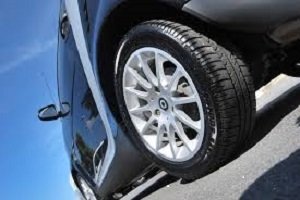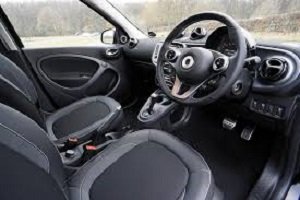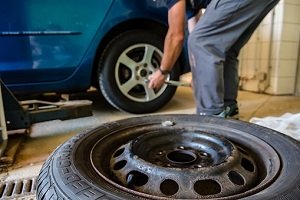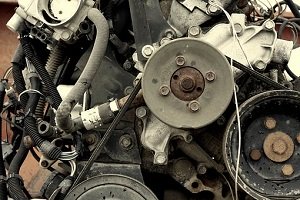Posted on 3/15/2018

I can think of several things I would rather buy, but it looks like a new set of tires is going to be at the top of the list. There are many factors to consider before making this investment. Here is a quick guide to finding, buying, and maintaining your new tires. Do you need new tires? Take a close look at your tires and determine if you actually need new tires. Tread is the best place to look. You can measure the depth using an old penny or by looking at the tread wear indicators built into most tires. If your tread is worn down to less than 2/32 of an inch you need new tires. Who to buy new tires from can be a challenge. One option is the car dealer, but they are often the most expensive. You will have better luck with a tire retailer or local auto shop. Always check for promotions and coupons going on in your area. Tire sellers will often run specials on mounting, balancing, and rotating tires when you purchase a new set of tires from their location. Now it is time to sel ... read more
Posted on 3/15/2018

Have you ever gotten a little too excited using your parking brake? At some point, most of us pull up just a little too hard and get our brake lever jammed. There are several situations that require a little extra braking power. Knowing when and how to use your brake will help you avoid sticky situations. When should I use my parking brake? If you drive a manual transmission you might use your emergency brake every time you park your vehicle. You might even be using it when you are driving! Those of us with automatics might only use our e-brakes when we are parked on a hill. In reality, you should use your parking brake all the time! When we park our vehicles it engages a device known as a parking pawl. This metal pin goes into a ring attached to the transmission. When in park, this pawl prevents the shaft in your transmission from turning. Parking pawls can break causing your vehicle to roll away. A parking brake is an added safeguard which can prevent your vehicl ... read more
Posted on 2/15/2018

Don’t you hate it when you try to find ways to save on gas and the first response you get is “drive less”? If that was an option, I wouldn’t be looking up solutions. Unfortunately, we all depend on our vehicles and we all have to drive. Which means we all have to buy gas. But how can we do all this and still save money? You can’t make it far in search results without coming across dozens of tips on how to make your gas go further. In case you’ve missed out, here are some of the best tips I’ve found on how to save. Drive Less- just kidding! Braking and Accelerating- Nothing is more taxing on your gas bill than excessive braking and acceleration. Steady is the name of the game. If you want to save money at the pump, don’t drive like it’s a race. Only brake when you need to and do so gradually. Also, avoid sudden accelerations that eat up gas and cost you money. Wind Resistance- an open window or a sunroof can be the hi ... read more
Posted on 2/15/2018

Do you have a spare tire in your car? If you have to think twice about that question, I bet you either don’t have one or the spare you have needs attention. Your spare tire is one of the most important accessories on your vehicle, but it is often the most neglected. If you never check your spare tire, it might not be useful when you need it. Here are some general steps you should take to make sure your spare tire will be ready when disaster strikes. Think about the most basic thing you check on your tires. That’s right, the pressure on your spare tire should be checked on a regular basis. Most tires should read between 30 and 35 PSI. This could change depending on the type of spare your vehicle is equipped with. A compact spare tire referred to as a donut, could require as much as 60 PSI. Always check your owner’s manual for appropriate inflation guidelines. Not all vehicles have a spare tire and most vehicles won’t have a new one. If your car is older or may ... read more
Posted on 1/12/2018

Your vehicle is made of many different parts. In fact, a single vehicle can have 30,000 components or more! With so many parts, it’s hard to keep track of what they all do. In order to maintain your vehicle’s performance, your belts are something you should be familiar with. They might not be good at keeping your pants up but the belts in your car play a big role in your vehicle’s performance. The major belts in your vehicle are the serpentine belt and timing belt. Serpentines are responsible for power steering pumps, cooling fans, injection pumps, air conditioning, and a variety of other functions depending on your vehicle. Sometimes serpentine belts can do it all! With one long snaking path, the serpentine belt winds in and out of several different components in your vehicle. It is made of extremely durable rubber with a smooth side controlling some parts and a ribbed side controlling others. If this belt breaks you will hear a squealing noise, your engine may ov ... read more